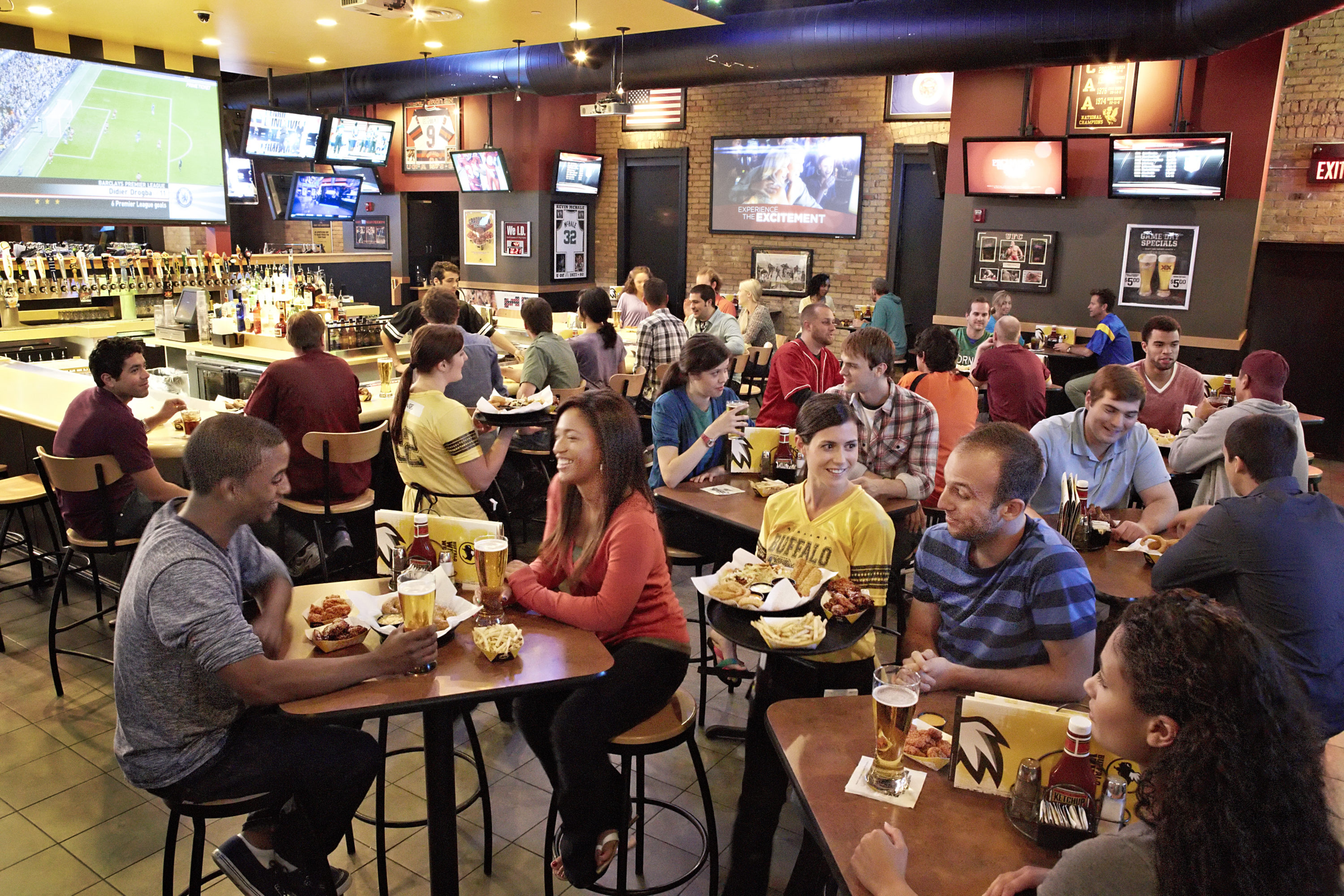Secret Ingredient: Buffalo Wild Wings’ Faster, Smaller and Cheaper Brand

Photo Caption: Buffalo Wild Wings is now owned by Roark, the parent company of Arby's.
Skift Take
Amid its year of change, Buffalo Wild Wings has maintained strong branding built on wings, sauce, and sports. Concepts may evolve, but this brand's ethos runs deep.


